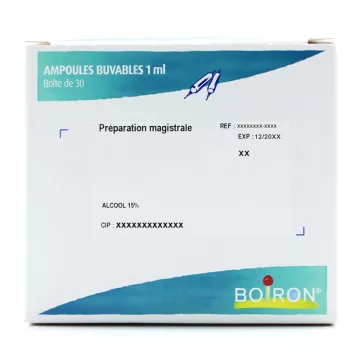
Blood pressure is a measure of the force exerted by blood against the walls of the arteries. It is crucial to our health, as it enables blood to circulate throughout the body, supplying oxygen and essential nutrients to our organs. Two values are used to measure blood pressure: systolic pressure (the higher number) indicates the pressure when the heart contracts, and diastolic pressure (the lower number) represents the pressure when the heart relaxes between beats.
To obtain an accurate blood pressure reading, we recommend you follow these steps:
Normal blood pressure values are generally below 120/80 mmHg. A systolic pressure between 120 and 129 mmHg and a diastolic pressure below 80 mmHg are considered high, but still within the normal range. Values consistently above 130/80 mmHg may indicate hypertension, requiring medical attention.
The main risk factors include
Managing hypertension often involves several approaches:
Yes, several preventive measures can be taken:
Untreated hypertension can lead to a number of serious complications, affecting various organs and systems. Among the most common are:
Stress can have a direct impact on blood pressure. In stressful situations, the body produces hormones such as adrenalin and cortisol, which temporarily increase blood pressure by accelerating the heart rate and reducing the diameter of blood vessels. Managing stress through relaxation and breathing techniques can help control blood pressure fluctuations.
Some natural remedies can help managehypertension, although they should be used as a complement to treatments prescribed by a physician and not as a substitute. Among the most popular are :
The DASH (Dietary Approaches to Stop Hypertension) diet is specifically designed to reduce blood pressure. The diet promotes a high intake of fruits, vegetables, whole grains and low-fat dairy products, while limiting salt, saturated fats and added sugars. Studies show that the DASH diet can significantly reduce blood pressure in just a few weeks.
Regular exercise is one of the most effective ways of preventing and managing hypertension. Physical activity helps strengthen the heart, enabling it to pump more efficiently with less effort, thereby lowering pressure in the arteries. General recommendations suggest at least 150 minutes of moderate physical activity, such as brisk walking or cycling, every week.